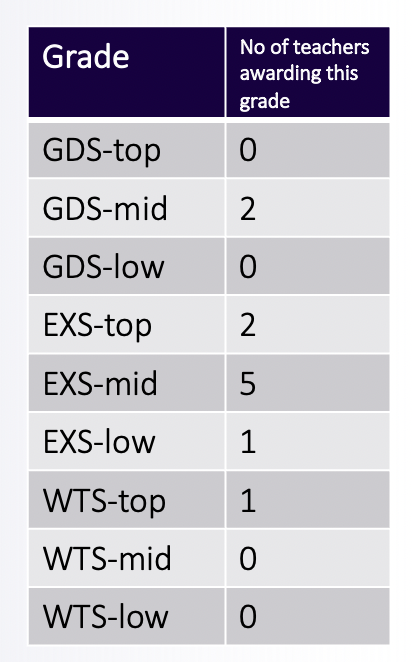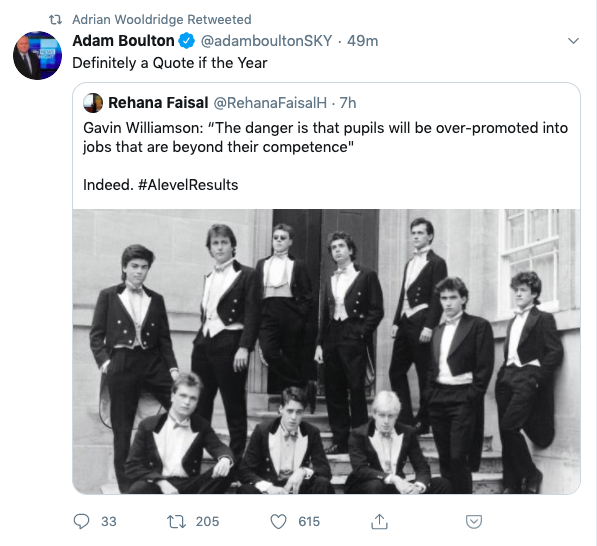
Director of Education @nmmarking, an ed tech start-up. Author of 7 Myths about Education, Making Good Progress & Teachers vs Tech. West Ham & cricket fan.
How to get URL link on X (Twitter) App


 Big tech firms devote enormous amounts of data, money & engineering talent to exploiting weak spots in 14-year-old brains.
Big tech firms devote enormous amounts of data, money & engineering talent to exploiting weak spots in 14-year-old brains.



 1 - I am not convinced it was the right decision - I am not convinced the technology & frame rates of the cameras are good enough to make these very fine calls.
1 - I am not convinced it was the right decision - I am not convinced the technology & frame rates of the cameras are good enough to make these very fine calls.




https://twitter.com/tes/status/1714134139509588099Reading on-screen

 An op-ed arguing for reworking the education system to take account of....learning styles.
An op-ed arguing for reworking the education system to take account of....learning styles.


 We subdivided each of the 3 TAF grades so that the piece was marked on a 9-grade scale. The 11 teachers' grades spanned SIX of the grades!!
We subdivided each of the 3 TAF grades so that the piece was marked on a 9-grade scale. The 11 teachers' grades spanned SIX of the grades!!





 We assessed Y1 pupils using a similar assessment in Jan 2020. Back then, the Y1 cohort averaged 411 on our writing scale. This year, they averaged 404 - that's a difference of about two months.
We assessed Y1 pupils using a similar assessment in Jan 2020. Back then, the Y1 cohort averaged 411 on our writing scale. This year, they averaged 404 - that's a difference of about two months.

 We assessed Y3 pupils using similar assessments in Oct 2019 & 2020. In those two years, the Y3 cohort averaged 485 on our writing scale. This year, they averaged 490. Read more details in this blog.
We assessed Y3 pupils using similar assessments in Oct 2019 & 2020. In those two years, the Y3 cohort averaged 485 on our writing scale. This year, they averaged 490. Read more details in this blog.


https://twitter.com/Telegraph/status/1293650828180574208It quoted Gavin Williamson:

 What I find fascinating about VAR is how it perfectly encapsulates many wider 21st century preoccupations: the promises & limitations of rationality, the tensions between the rule of law, experts, crowds & tradition, and the challenges of finding meaning in late modernity.
What I find fascinating about VAR is how it perfectly encapsulates many wider 21st century preoccupations: the promises & limitations of rationality, the tensions between the rule of law, experts, crowds & tradition, and the challenges of finding meaning in late modernity.
